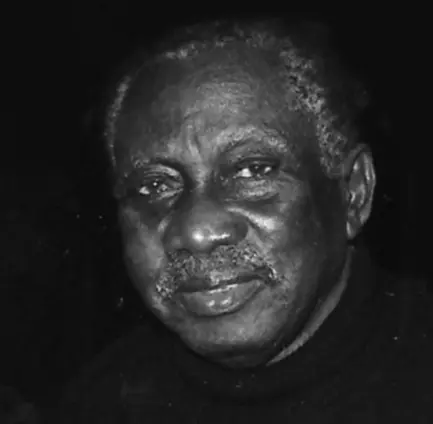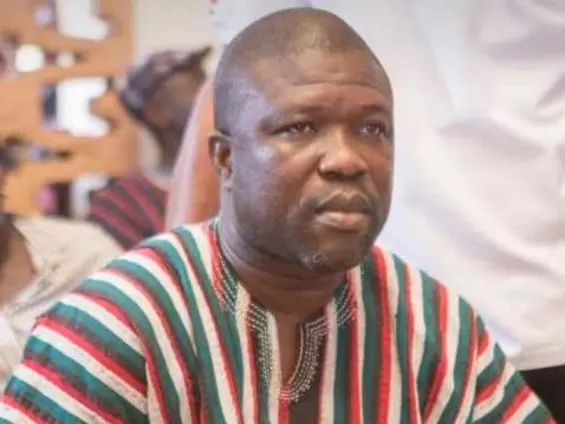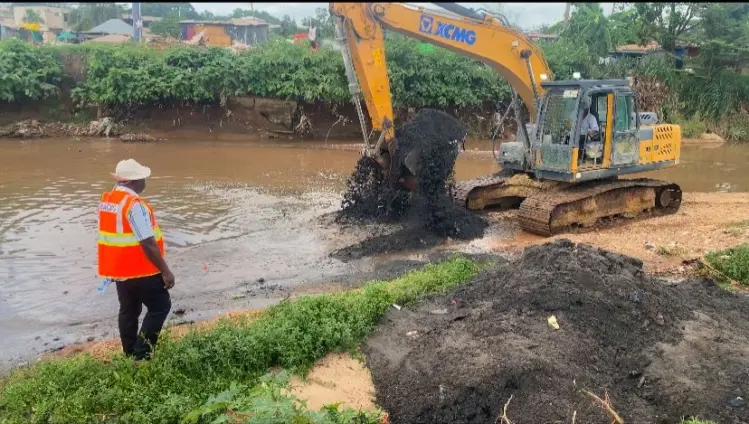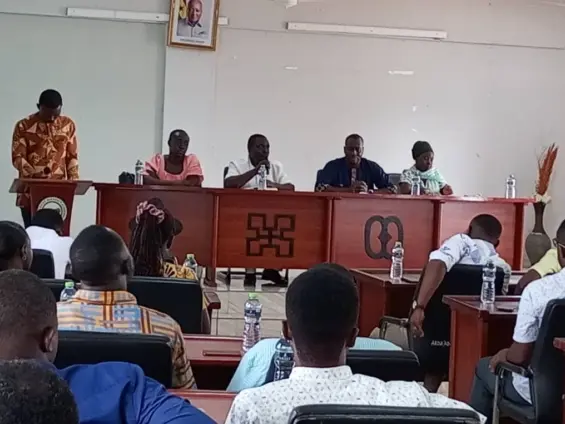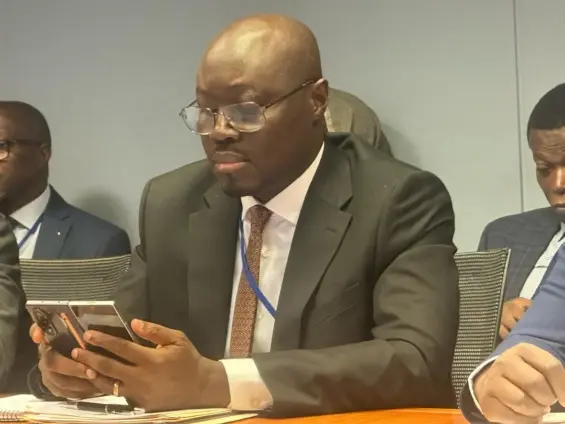The courtroom was stunned not by the gravity of the charges—armed robbery with a haul of US$200,000, gold jewelry, and a registered pistol—but by the defendant’s unsettling behavior. Adinda Akpo Abdou Moudjibou, a Togolese national accused of a brazen heist in Accra, Ghana, was observed consuming his own feces during court proceedings. This bizarre act prompted authorities to order a **mental evaluation** to determine his competency to stand trial. This blog post examines the **mental evaluation** ordered for the Togolese robbery suspect.
Moudjibou stands accused of orchestrating a robbery on April 13, 2024, in the upscale East Legon neighborhood of Accra. The victim, a medical doctor, was relieved of a significant amount of valuables, including a substantial sum of cash, precious jewelry, and a firearm. Following the crime, Moudjibou allegedly fled across the border to his native Togo.
His escape was short-lived. Interpol Togo apprehended Moudjibou in Lomé, leading to his extradition back to Ghana on May 14, 2024. This international collaboration underscored the commitment of both Ghanaian and Togolese law enforcement to bring the alleged perpetrator to justice. Upon his return to Ghana, Moudjibou reportedly admitted to committing multiple robberies, implicating accomplices including a motor rider and one Mohammed Djando, who remains at large.
The disturbing reports of coprophagy – the consumption of one’s own feces – have added a layer of complexity to the case. While coprophagy can be indicative of underlying psychological or psychiatric disorders, it is crucial to remember that this observation is for informational purposes only and does not constitute a diagnosis. During court appearances, the prosecution noted Moudjibou’s strange behavior, stating, “The suspect is behaving strangely as he defecates and eats his own faeces.” This prompted ASP Richard Amoah to request a formal psychiatric assessment.
Judge Basilia Adjei-Tawiah, presiding over the case, granted the request and ordered that Moudjibou undergo a mental evaluation at Accra Psychiatric Hospital. Pending the outcome of this evaluation, Moudjibou has been remanded into the custody of the National Investigation Bureau (NIB).
The Accra Psychiatric Hospital will play a pivotal role in assessing Moudjibou’s mental state. The **mental evaluation** aims to determine if he is competent to understand the charges against him and participate in his defense. The evaluation will likely involve a series of interviews, psychological tests, and psychiatric assessments to provide a comprehensive picture of his mental health.
The findings of the **mental evaluation** will have significant legal ramifications. If Moudjibou is deemed incompetent to stand trial, the proceedings will be suspended until his mental state improves. He may be required to undergo treatment to restore his competency. Conversely, if he is found competent, the robbery case will proceed through the courts. His mental state at the time of the alleged crime could also be a factor in determining his culpability and sentencing.
This case highlights the intersection of criminal behavior and mental health, raising complex questions about culpability, responsibility, and the role of mental health evaluations in legal proceedings. Understanding the mental state of an accused individual is crucial for ensuring a fair and just legal process.
The **mental evaluation** will be crucial in determining the next steps in the case against Adinda Akpo Abdou Moudjibou. As the legal process unfolds, it is important to consider the complexities of mental health within the criminal justice system, ensuring that both the rights of the accused and the interests of justice are served.
Image Source: MYJOYONLINE








